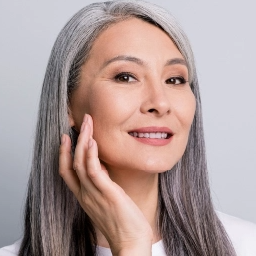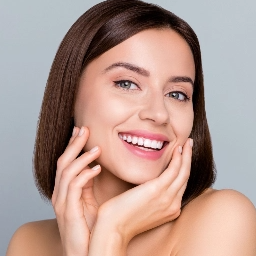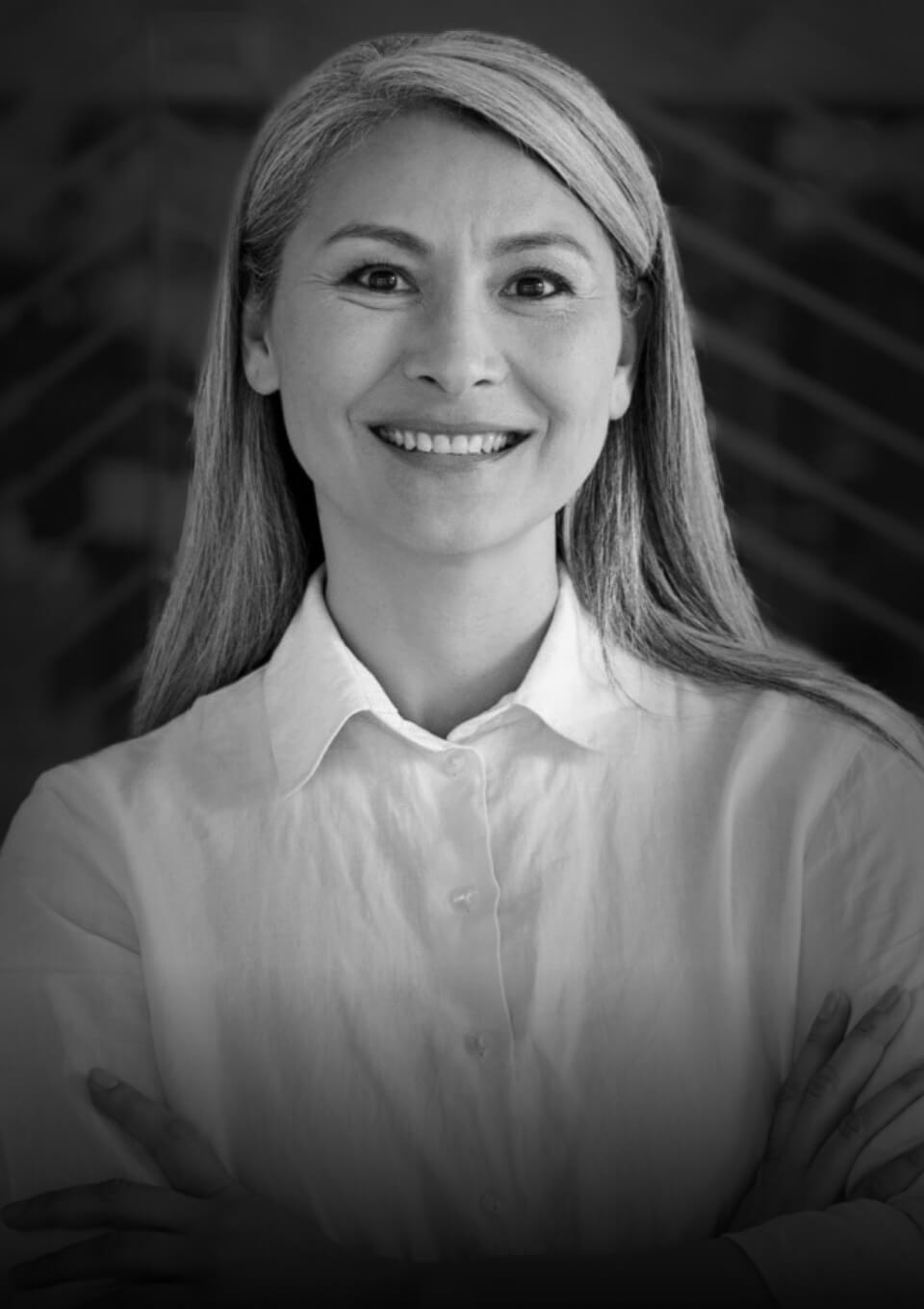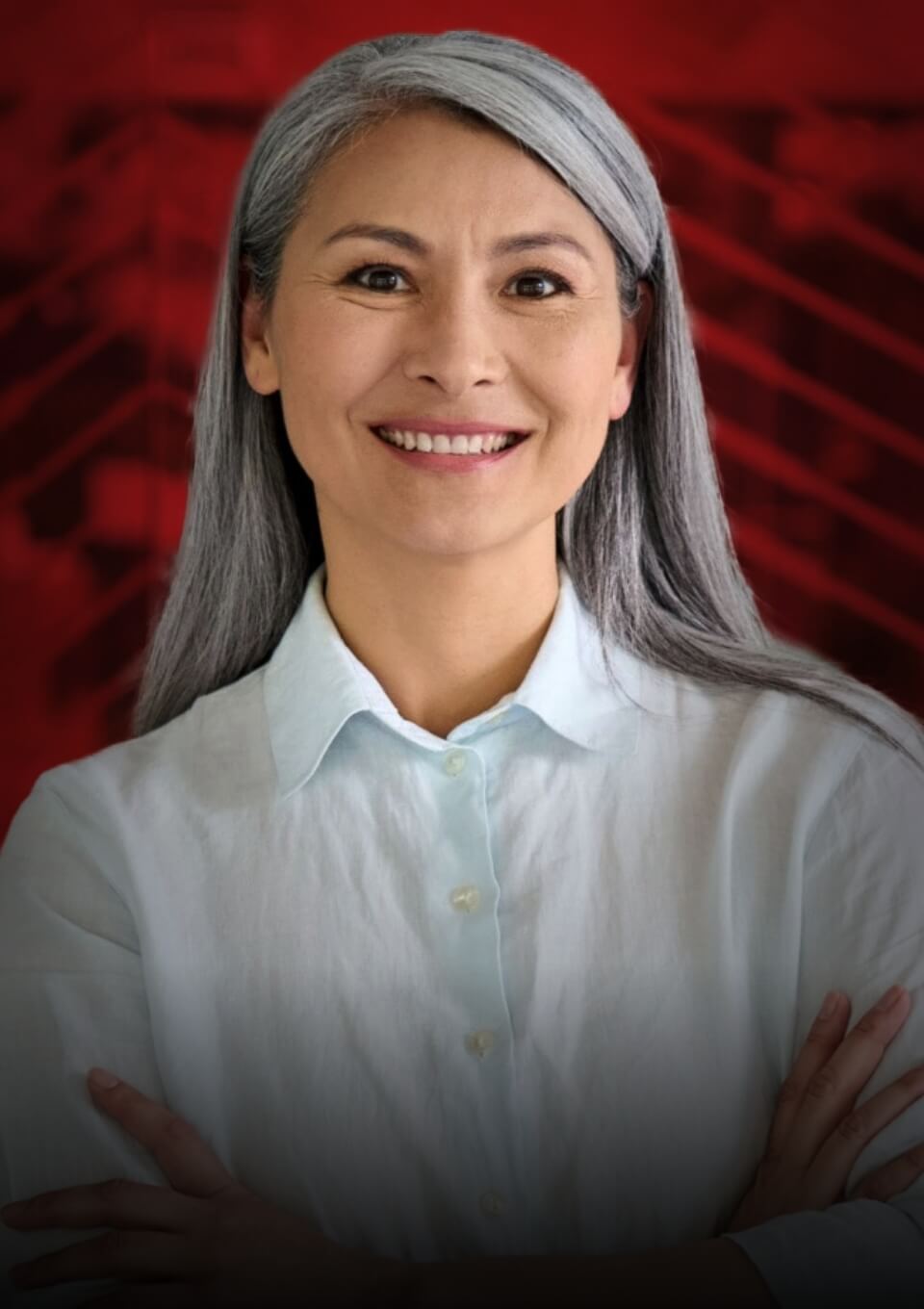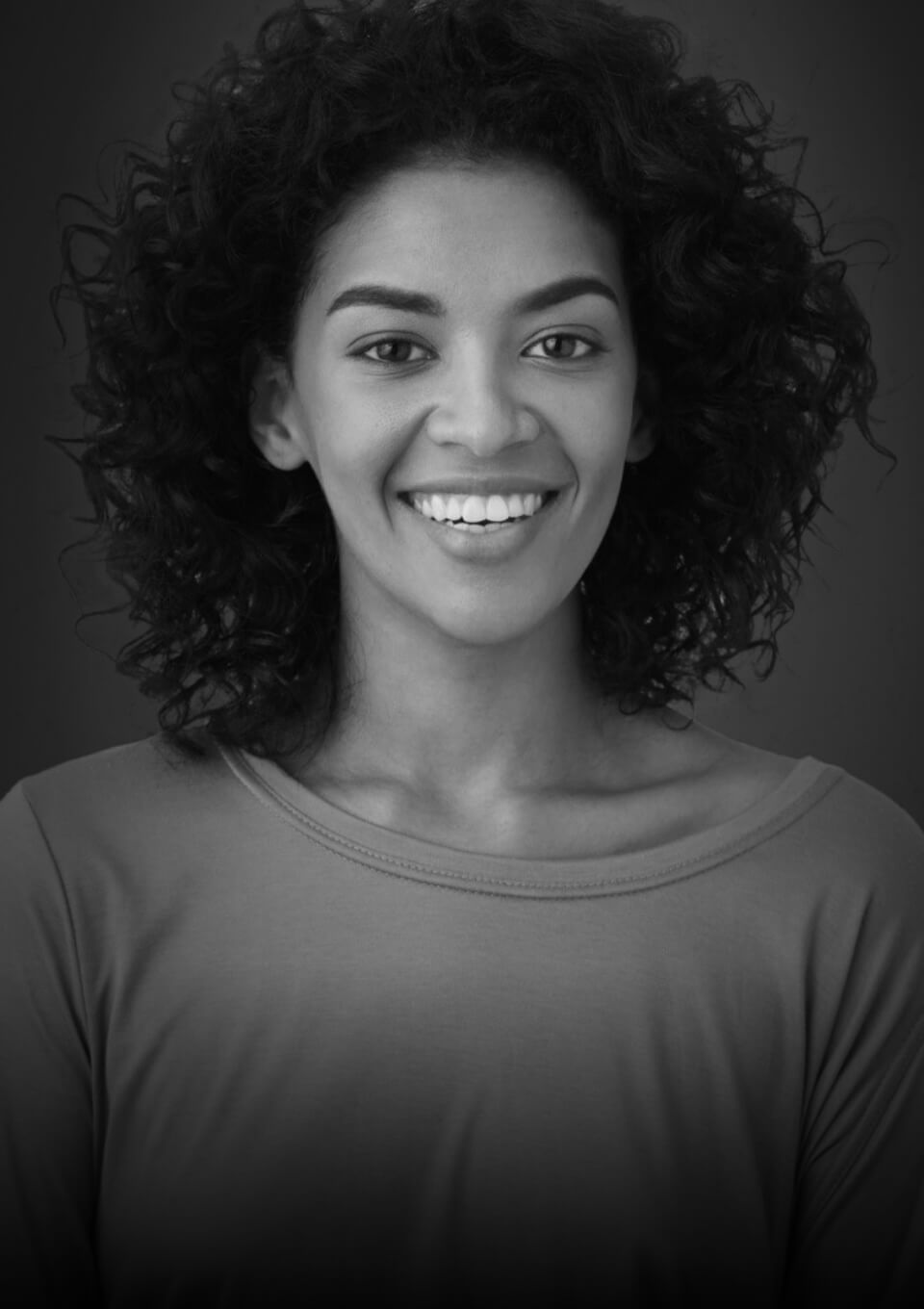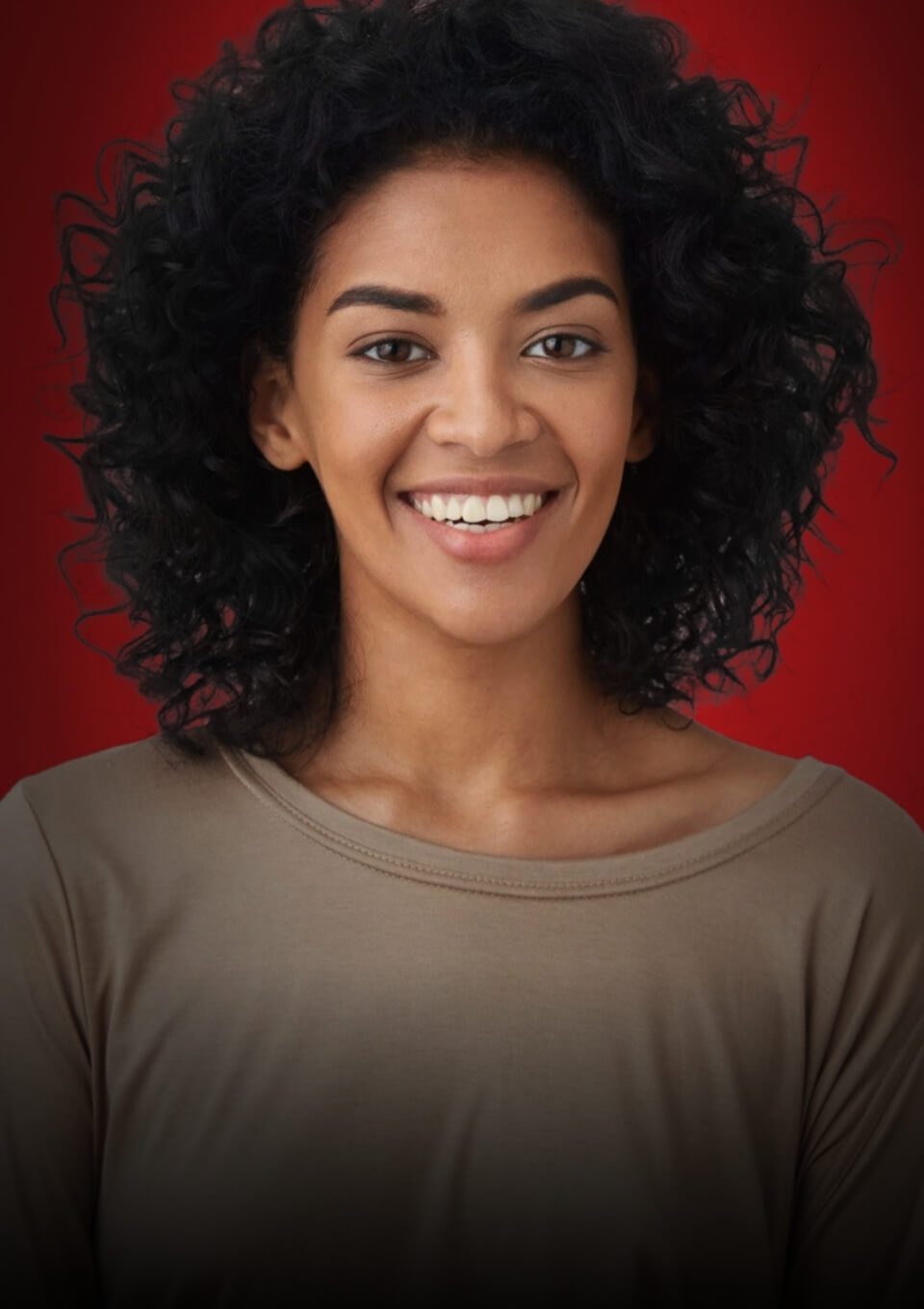Acne and Rosacea
Conveniently located to serve the areas of Los Angeles and Santa Monica, CA
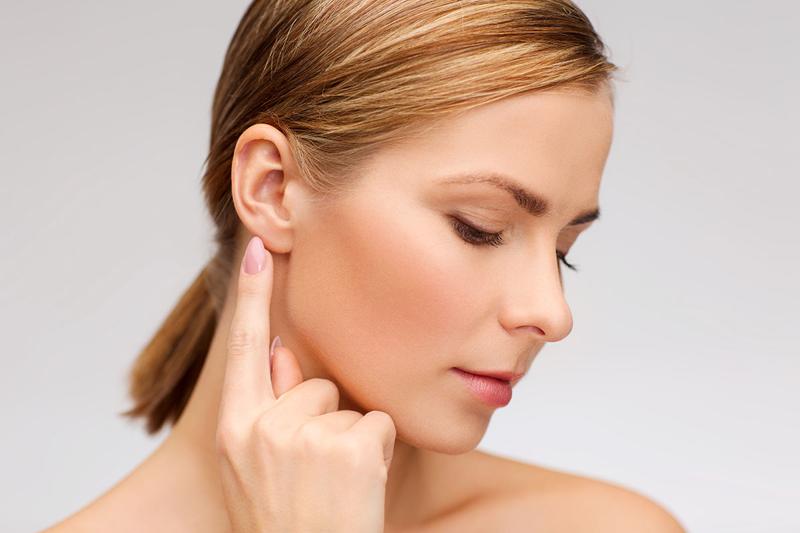
Skin conditions like acne and rosacea result in irritation, redness, and pustules that make you look and feel anything but your best. At Dermatology Institute & Skin Care Center in Santa Monica, California, board-certified dermatologist Paul Yamauchi, MD, PhD, and acne specialist Summer Nguyen Liew, MSPAS, PA-C, offer effective treatments for these inflammatory skin diseases. Call or request an appointment online today if you have skin reddening, papules, or other blemishes that indicate rosacea or acne.
Contents
FAQ
What is the difference between acne and rosacea?
Acne and rosacea are two separate skin conditions. In its earliest stages, rosacea can be mistaken for acne.
Acne
Acne is typically associated with adolescence, but it can occur at any age. Women in their 30s and 40s often experience acne due to hormone production.
Acne occurs when your pores become clogged with oil and bacteria. As a result, cysts, blackheads, whiteheads, pimples, and pustules form.
Acne can appear on your face, back, upper arms, and buttocks. Acne shouldn’t be left to run its course as it can cause scarring and poor self-esteem.
Rosacea
Rosacea is a condition that causes significant skin reddening, development of acne-like pustules, broken capillaries, and sometimes an enlarged, bulbous nose.
Rosacea flare-ups are usually localized on your face, specifically your cheeks, nose, forehead, and chin.
Rosacea can’t be cured, but progression and flare-ups can be minimized.
What medications are offered to help with acne and rosacea?
Dermatology Institute & Skin Care Center offers a variety of acne treatments, depending on your skin type and the severity of your condition.
Topical acne and rosacea treatments
Topical treatments for acne include prescription retinoid creams. Topical antibiotics that contain clindamycin, benzoyl peroxide, erythromycin, and sodium sulfacetamide are also effective in treating acne.
Topical creams and antibiotics also ease inflammation associated with rosacea.
Acne medications
If you have a moderate case of inflammatory acne, Dermatology Institute & Skin Care Center may prescribe an oral antibiotic like minocycline or doxycycline.
In severe acne cases that could result in scarring, they may prescribe Accutane™ to eliminate your outbreaks. You take Accutane for about six months and must agree to monthly blood testing and, if you’re a woman, to use birth control because of a risk of fetal abnormalities.
What laser treatments are available for acne and rosacea?
Pulsed dye lasers and blue light treatments can effectively reduce acne and rosacea inflammation.
The pulsed dye laser effectively penetrates beneath the skin’s surface to reduce inflammation, decreasing the appearance of redness, fading visible veins, and easing inflammatory cysts and pustules.
If you have redness, pustules, and other symptoms that suggest acne or rosacea, trust the experts at Dermatology Institute & Skin Care Center for diagnosis and treatment. Call the office or use the online tool to schedule your appointment today.
Contact Us
